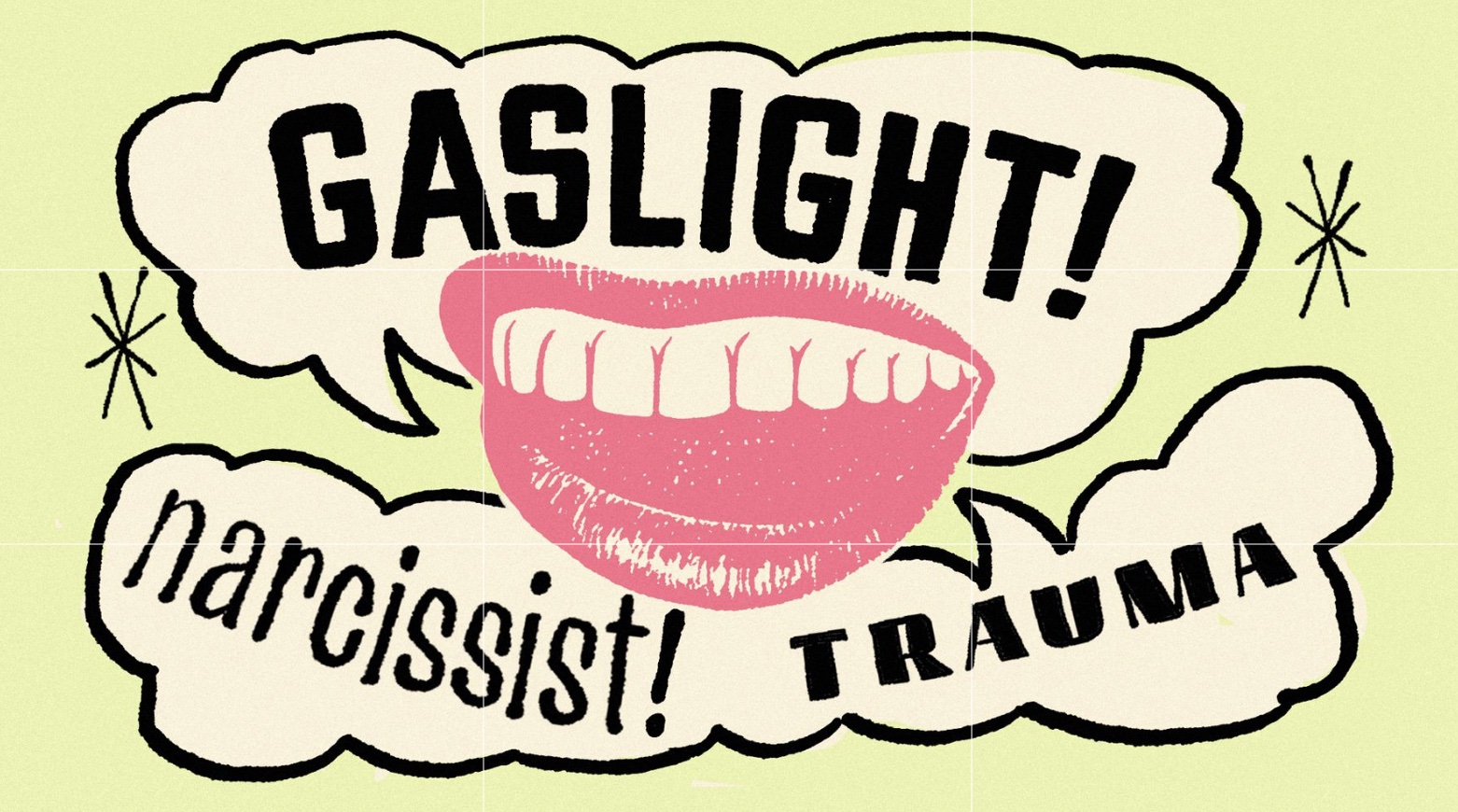In recent years, therapeutic terms like “manipulation,” “gaslighting,” and various diagnostic labels have become part of everyday conversation. While raising awareness about mental health is important, the casual misuse of these terms can dilute their meaning and, more worryingly, endanger others.
The Problem with Mislabeling
When terms like “narcissist” or “gaslighting” are used loosely, they can lose their clinical significance. For example, calling someone a narcissist because they exhibit selfish behavior ignores the complex criteria required for a diagnosis of Narcissistic Personality Disorder. Similarly, labeling disagreements or misunderstandings as “gaslighting” can trivialize the serious psychological abuse the term originally described.
This overuse can harm relationships, stigmatize individuals, and prevent people from getting the professional help they need. When diagnostic terms are thrown around carelessly, those truly suffering from mental health issues may feel invalidated or misunderstood. It can also lead to false accusations, damaging trust and communication between people.
How It Endangers Others
Misusing these terms doesn’t just dilute their meaning; it can also endanger others. For example, accusing someone of being manipulative or gaslighting without fully understanding the context can escalate conflicts and create unnecessary hostility. This can result in serious social consequences, from strained relationships to workplace discrimination.
Additionally, the use of terms based in incorrect information can lead to mismanagement of mental health concerns. It is important that the meaning behind words continue to carry their weight and effectively communicate the severity of an experience or situation. This dilution or twisting of terms can prevent someone from accessing the appropriate treatment or support they need.
A Call for Caution and Compassion
As therapists, we advocate for increased awareness and understanding of mental health. Instead of jumping to conclusions or labeling behaviors with clinical terms, let’s promote open, honest communication and encourage people to seek professional guidance when they’re struggling.
By being mindful of our language, we can help preserve the integrity of these important concepts and protect the mental health and well-being of ourselves and others.
_____________
For readers seeking more information or guidance on mental health topics, consider scheduling an appointment with one of our therapists who can provide professional insight tailored to your individual needs. You can book an appointment by calling (352) 363- 1998.


